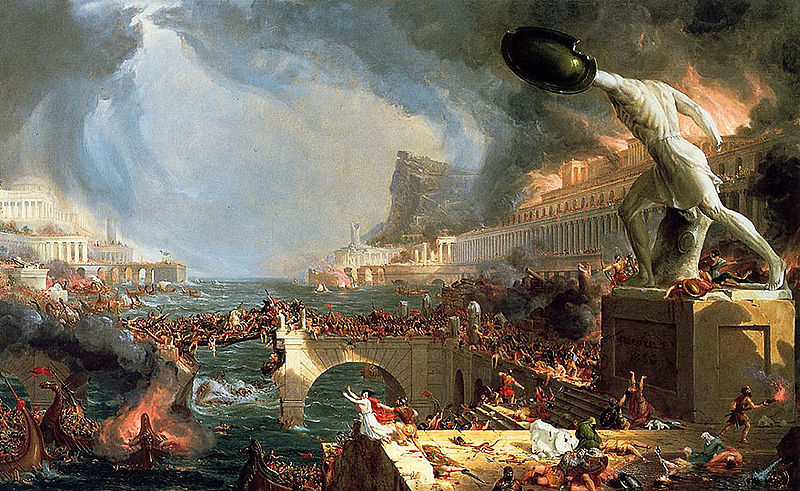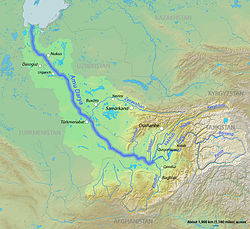Weber was concerned with ideal types. An ideal type is an extreme: a person who is entirely rational, a society that is entirely traditional. Ideal types don’t exist in the world, but they are useful for analysis. A society may be primarily traditional, and one can look at where it is traditional and where it isn’t. (For example, a lot of Dark Ages society was traditional, but there was also a lot of value rational action.
The four types are goal rational, value rational, affection/emotional, and traditional.
Goal rational is “I want to accomplish X, so I do Y. You want to lose weight, so you diet. But this is a good example of how goal rational can be mixed up: how you achieve the goal is dieting, but whey you want to be thin could be because you think fat people are bad, or you want to look better, or because people in your organization are usually thin (ascetics, for example.)
Value rational is similar to virtue ethics. You tell the truth, even if it’s bad for your other goals, perhaps. You give money, because charity is a value you follow. You stand and fight because you believe in bravery or discipline, even though the fight is helpless. Classical Greek ethics is heavily value rational, and so was a lot of Victorian ethics and society. When someone says we should give everyone health care or no one should be in poverty, because everyone human deserves dignity, that’s value rationality. When you say that everyone deserves health care because it costs society less and because it makes the spread of plagues and disease less likely, that’s goal rational.
Affective/emotional is when you act based on your emotions. You’re sad and you cry, you’re angry and you hit someone or scream at them. You might hit someone even though you believe in non-violence, and you might cry even though you believe “real men don’t cry.” You might hit someone even though that will get you in prison, and that would interfere with your various goals in life. Your emotions are in charge.
Traditional is when you do it that way because that’s how your group or society does it. Dark Ages and Medieval society was very traditional: your forbears had certain rights, it’s traditional, and thus you get them too. Correct action is the action which has always been taken. Religions are often torn between value rationality and traditions, but so are nations. Whenever someone says, “this is how we’ve always done it” you’re dealing with traditional action. Traditional action has a bad reputation post-enlightenment, but it’s not all bad: unwritten constitutions are traditional constitutions, “we do it this way because we’ve always done it this way.”
Traditional isn’t necessarily irrational: if something has been done for a long time, it may be because it has worked, and making changes could have unforseen effects. If you keep doing what you’ve always done, things will keep going as they have. Of course, it doesn’t always work: burning fossil fuels because we’ve been doing so for 250 years is a good way to create radical change: not what someone who genuinely values tradition usually wants.
All types of action have value. Goal oriented is often the best way to actuate the other three, but it’s amoral. The Nazi bureaucrats making the trains and furnaces run on time mostly did so not out of any real belief in the holocaust, but because their primary value was to do what they were told to do in the most efficient and effective way. Confucius emphasized that if you do a traditional ritual without feeling the appropriate emotion (sorrow at the death of your parents, for example) you have failed the ritual, since the purpose of rituals is to create emotions in specific circumstances: and those circumstances and emotions are based on values, such as reverence for your parents.
So when you try to analyze actions using Weber’s classifications, what you’re looking for is how the types of action fit together. If traditional actions aren’t maintaining the society or group, traditional action is undercutting itself, for example. Is a goal based action leading to a goal supported by one of the other three types of action? Are your value based actions undercutting the larger goals, and if they are do the values or the goals need to change?
But also, if you know why someone is doing something, you can talk to them effectively. Saying the only way to save our society is to burn less fossil fuels works with a traditional actor. Saying that burning fossil fuels hurts more people than it helps may work with someone value oriented who thinks compassion, kindness and charity are important. And to activate people who are primarily emotional, pictures and stories of animals and humans being hurt might work best.
Without an understanding of the type of action, the type of rationality, you can’t understand others’ actions or influence them effectively, especially if they are acting from a type of rationality you don’t respect and you can’t predict their actions.
People are different; societies and groups are different, and understanding the the ways in which they are different opens up the world for you.


